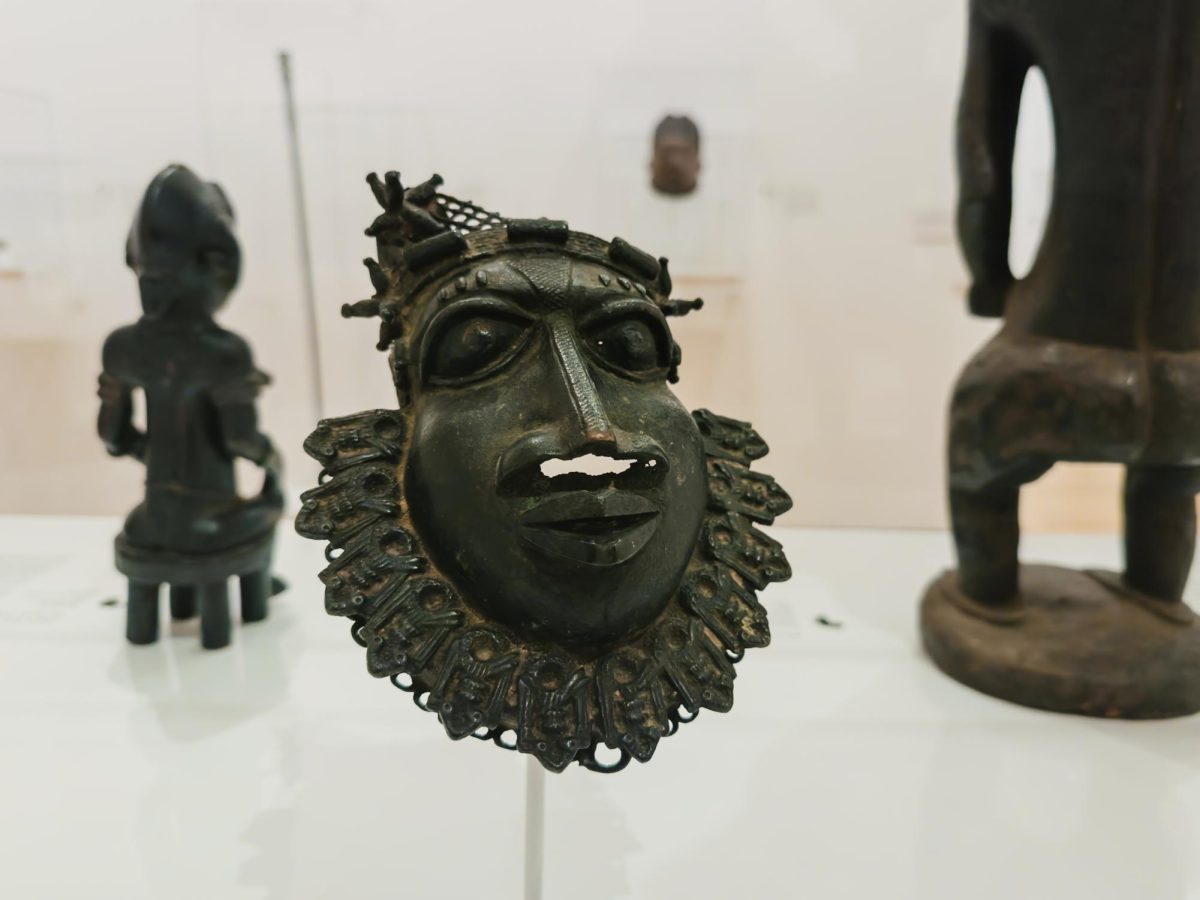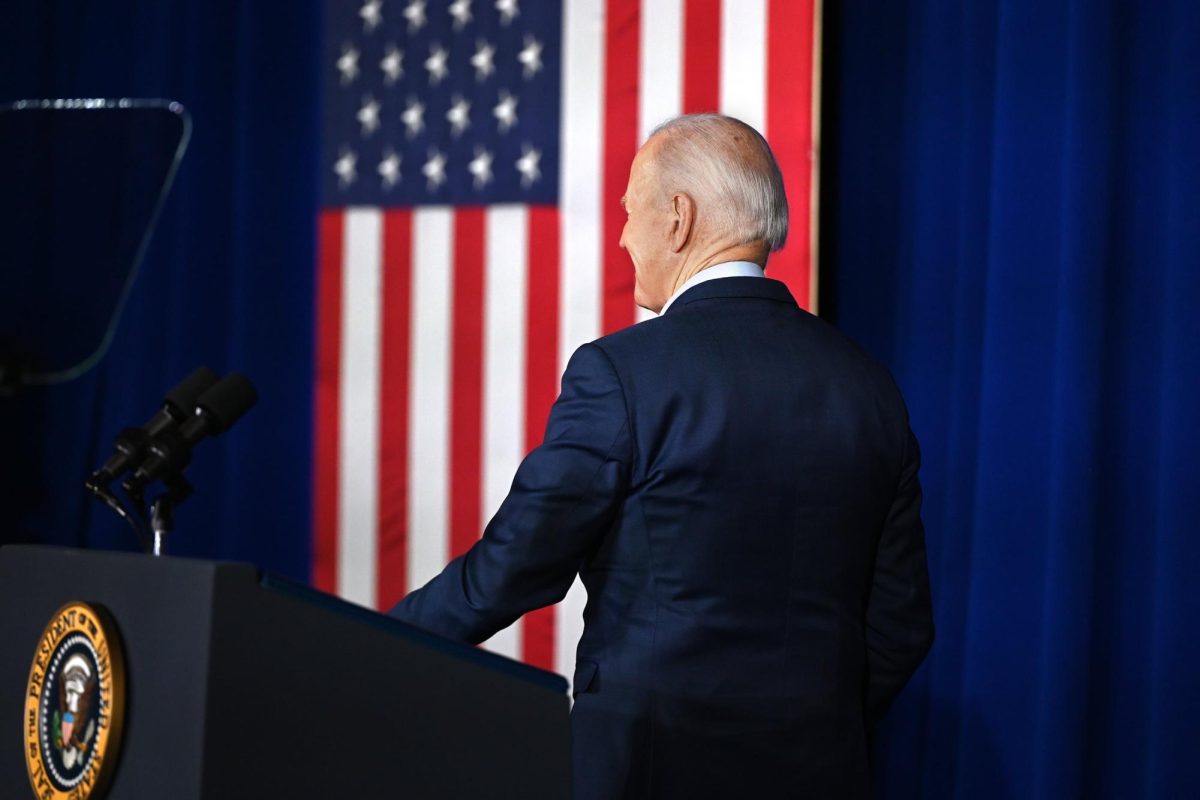The British Museum recently put out a call for a new director. As one of the foremost museums in the world, this position is highly valued and respected. At least, it used to be.
In recent months, the British Museum has become marred with scandal after an investigation revealed the slow theft and sale of over 1,000 artifacts from the museum’s collections due to poor records and databases. Hartwig Fischer, the director at the time, has since resigned, leaving the position vacant.
The British Museum and its artifacts are not unfamiliar with theft, but in previous years, the perpetrator has been the museum itself. Famous pieces like the Elgin Marbles, Benin Bronzes and others have had their return requested by their countries of origin with mixed results.
In the case of the Elgin Marbles, the question of legal sale comes into play. The Ottoman Empire permitted Lord Elgin to take the Marbles from the walls of the Parthenon. Since then, they’ve remained in Britain, with the museum claiming that legally acquired materials should remain in a universal museum for everyone to view and enjoy.
The concept of the universal museum is one of the primary arguments for museums with large numbers of colonized works. Universalism argues that museums and knowledge remain above politics, racial discourse and nationality, instead focusing on serving global citizens.
Get The Daily Illini in your inbox!
Problems become apparent when this argument is broached from a different perspective. For one, the public declaration of the importance of universal museums only comes from American or European museums. These “universal museums” don’t have the same benefits they purport because of their locations in the Global North, separate from the nations and cultures from which they derive their collections.
It also creates a negative image for other nations. By confining universal museums to a set area, they suggest that other nations are unfit or unable to properly care for the items, despite the pieces originally being from those countries.
Tristram Hunt, director of the Victoria and Albert Museum in London, wrote in an article for The Guardian about how the Maqdala crown of Ethiopia was a symbol of contention for the British Museum. Ethiopia is continuing to request its return, but the museum refuses, offering only a long-term loan.
Hunt writes about how decolonization and restitution destroy the context of the pieces, claiming that colonialism can also be known as an era of growth and connection. The latter factors, he says, are what should determine and put power into a universal museum and are the reason that more should be built in the Global South to create more balance.
Hunt also tries to point out that modern countries continue to spread influence and power through new forms of globalization. He claims that countries like China have become new empires, attempting to justify colonization in the process. Rather than admitting the cruelty, Hunt suggests that we should support forced assimilation — a claim that is as shocking as it is harmful.
His argument falls short when context is considered again. Most of the artifacts were taken through force or manipulation. A global community can’t be created through stolen goods that countries explicitly ask to be returned.
While these arguments have long been used to justify the retaining of contested works, the real problem remains fairly unsaid: These museums rely on the support of colonized artifacts.
Rather than supporting these universal museums, we could instead focus on giving all museums a chance to display their culture. The global South is absolutely capable of displaying these artifacts: They just need to be given the chance.
While the artifacts should have been returned when their countries of origin asked for them back, the next best time is now. And while the British Museum refuses, concessions must be made. Be it through joint ownership, loans or restitution, these artifacts have to return home.
Amartya is a freshman in LAS.
















